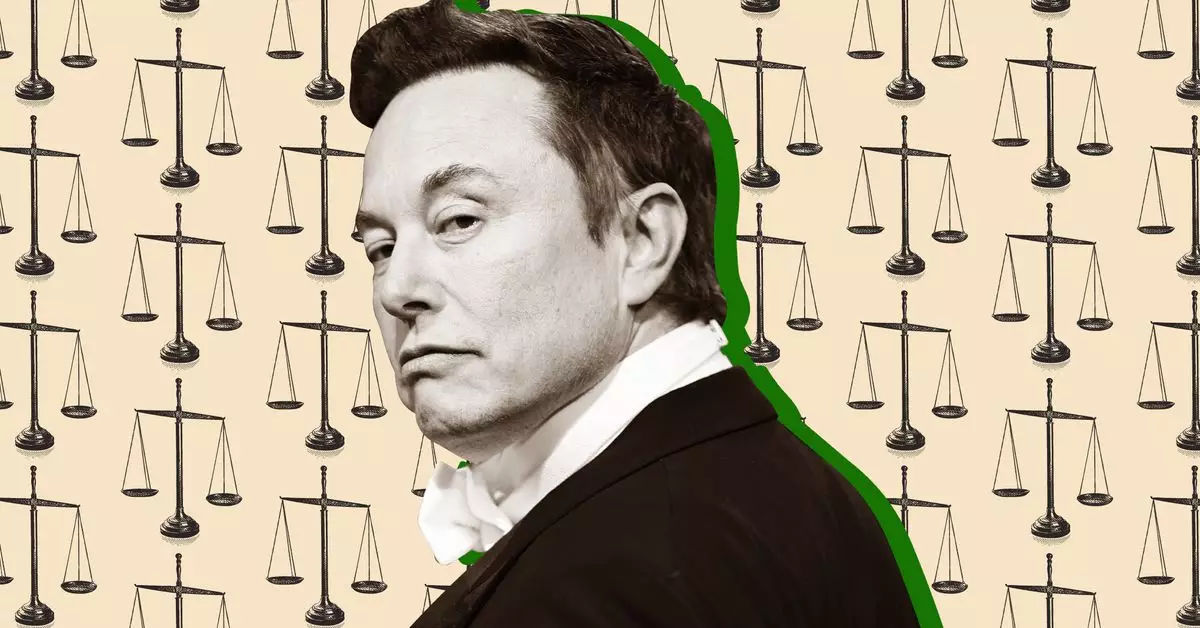In an unexpected escalation of tensions within the tech industry, Elon Musk’s legal team has launched a critical challenge against OpenAI, seeking a preliminary injunction that could drastically affect the organization’s future. The latest motion, lodged recently, foreshadows considerable confrontations ahead, not just for OpenAI but also for the broader implications of profit-driven motives within the tech sector.
The motion arises from Musk’s ongoing lawsuit against OpenAI, an organization originally rooted in non-profit ideals, which, according to the latest reports, is working towards a transition into a for-profit model. This shift has raised eyebrows and concerns, particularly from Musk, who contends that such a transition may undermine the organization’s foundational goals while simultaneously benefiting the executive management’s interests. The gravity of the situation is amplified by claims that CEO Sam Altman has engaged in self-serving initiatives that could jeopardize OpenAI’s financial viability, should Musk’s legal proceedings prove successful.
Musk’s legal representatives assert that OpenAI may not possess adequate resources to compensate for damages, suggesting a precarious financial posture that could result from their aggressive strategy to privatize operations. This point raises questions regarding the sustainability of OpenAI’s mission and whether its original non-profit ethos can coexist with the demands of profit generation.
The motion also includes allegations surrounding antitrust violations that could reverberate throughout the tech industry. Musk’s team alleges a collusion between OpenAI and its corporate backer, Microsoft, to inhibit investment in competing entities. Such claims, if validated, not only pose severe internal challenges for OpenAI but could also invoke scrutiny from federal agencies regarding monopolistic behaviors within technology markets.
The alleged violation of the Sherman Act is particularly significant, as it invites further examination into the practices of both OpenAI and Microsoft. If found guilty of conspiring to stymie competition, the repercussions for both enterprises could entail substantial penalties, regulatory reforms, and an overall loss of public trust.
As the battle unfolds, the implications extend beyond OpenAI and Musk’s dispute. The transition towards for-profit structures within organizations aimed at technological advancement has ignited a broader debate about ethical considerations and the balance between innovation and profit. Musk’s lawsuit could serve as a pivotal moment in determining how tech companies operate, bringing to light critical discussions around the integrity of research initiatives in an ever-competitive landscape.
Musk’s confrontation with OpenAI sparks crucial dialogue about the motivations behind technological progress. Are companies sacrificing their mission-driven ideals in pursuit of financial gain? As stakeholders monitor the developments closely, the outcome of this legal wrangling may redefine not only OpenAI’s trajectory but also set a precedent for the tech industry as a whole.
This legal conflict signals a potential transformation in the way tech companies align their objectives with the interests of their investors, competitors, and society at large. The coming months could very well reveal the complexities of these issues, warranting attention from anyone invested in the future of technology and innovation.

